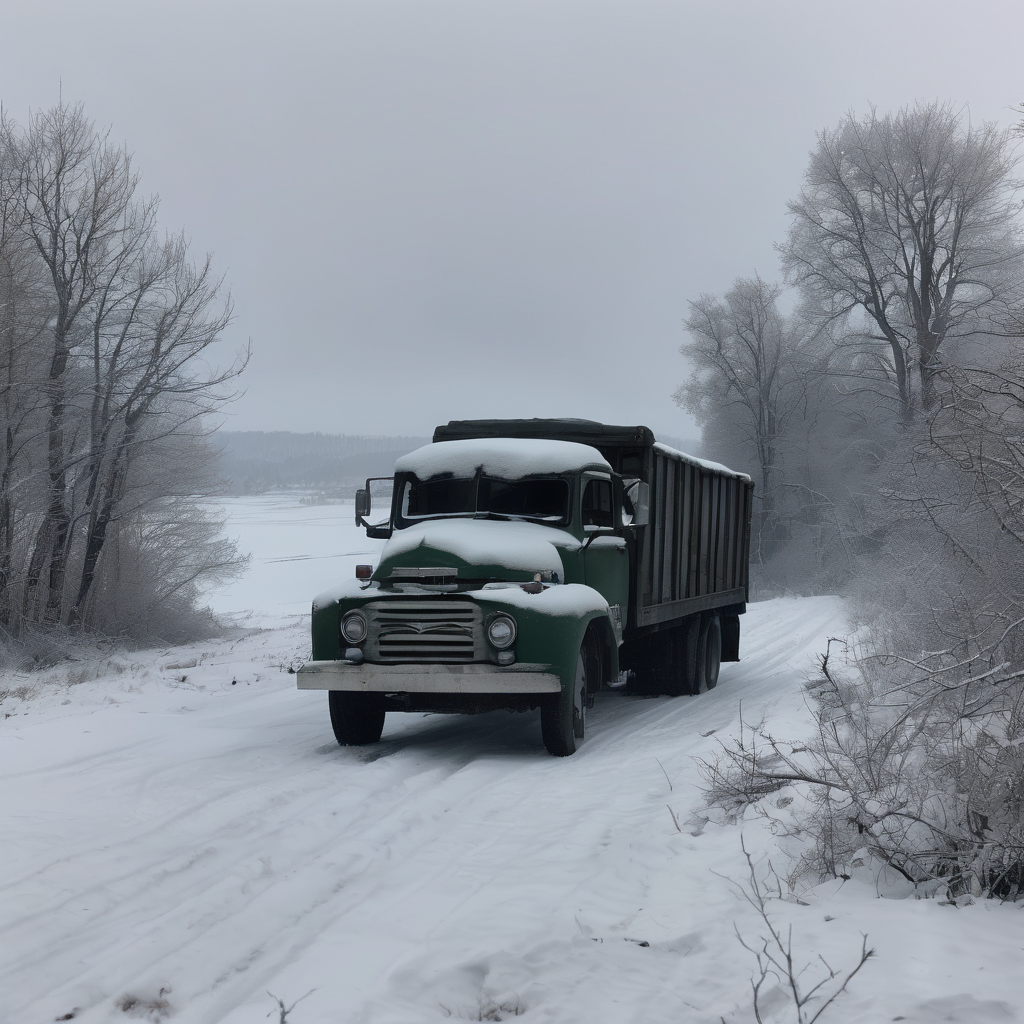The situation at the Belarus-Lithuania border has intensified following a bold threat from Belarusian President Alexander Lukashenko, who has warned of the potential seizure of approximately 1,200 Lithuanian trucks that are currently stranded in his country. This warning comes in the wake of Lithuania’s closure of two key border crossings as a response to security concerns related to incursions of weather balloons from Belarus.
The Lithuanian government took action on October 29, closing the crossings until at least the end of November, citing that these weather balloons were reportedly carrying smuggled cigarettes, which disrupted local air traffic, particularly affecting flights in Vilnius, Lithuania’s capital. Lithuanian officials have viewed these balloon incursions as part of a broader strategy by the Belarusian government, closely aligned with Russia, aimed at destabilizing the region.
In response to the border closures, Lukashenko has labeled Lithuania’s actions a “mad scam” and suggested that they signal a “hybrid war” against Belarus. He has demanded that Lithuania fully reopen its borders instead of offering a corridor for the stranded trucks. The Belarusian authorities have asserted that the situation requires them to take measures that may include the confiscation of these vehicles if the border remains closed.
The stranded drivers are facing mounting frustrations, with reports coming from the Lithuanian National Road Carriers’ Association indicating that many are feeling “tired and angry,” and there are concerns that perishable cargo may spoil due to the prolonged roadside stoppage.
This border tension is occurring against the backdrop of heightened alert across Europe following a series of drone incursions into NATO airspace, challenges which are viewed by some officials as tests by Moscow. Lukashenko indicated that the border issue would be addressed in discussions with Washington, suggesting that international relations and diplomatic channels may be engaged in seeking a resolution.
In a somewhat related diplomatic development, Lukashenko had engaged in a conversation with former U.S. President Donald Trump in August, leading to speculation about improved relations, which was followed by a release of political prisoners within Belarus in a deal facilitated by the U.S. Subsequently, Trump announced the nomination of John Coale as the U.S. special envoy to Belarus, tasked with facilitating negotiations for the release of additional prisoners.
The situation remains dynamic, and observers continue to watch closely as this geopolitical struggle develops, hopeful that diplomatic engagements may pave the way for resolution and stability in the region.
